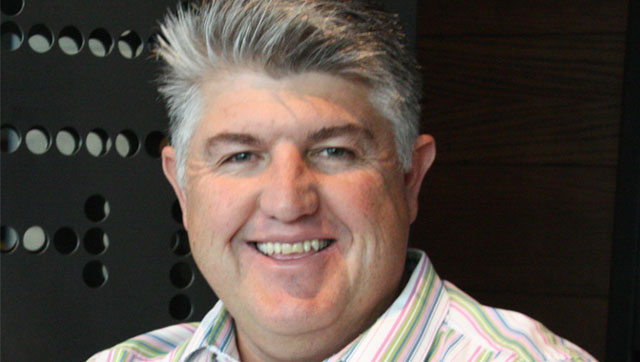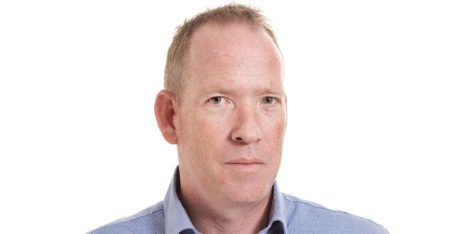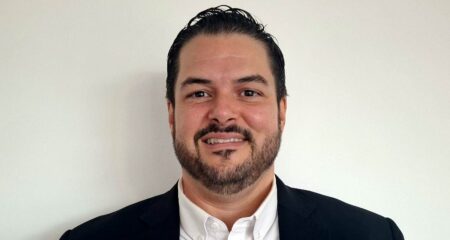
The next time you call your bank or your telecommunications provider, you may be asked to speak a few words so that software can determine whether you are, in fact, who you claim to be.
A new South African technology company, OneVault, is hoping companies adopt remote, voice-based biometrics in their contact centres to reduce incidents of fraud and improve service times, in the process reducing costs.
Led by CEO Paul Hutton, who was previously head of the TransUnion credit bureau, OneVault was founded a year ago and shareholders include three private trusts and Pivotal Capital, a venture capital business made up of Hutton, and businessmen Bruce Arnold and Joel Stransky (the former Springbok fly-half).
OneVault has developed a cloud-based, bureau-type service for voice biometrics in partnership with international voice recognition and biometrics specialist Nuance. Instead of building its own sales capacity, the company has chosen to work through established IT services partners. Its preferred partners are Dimension Data, EOH and Altron subsidiary Bytes.
Hutton explains that the voice biometrics technology has a range of potential applications beyond call centres. It could be used to authenticate online banking sessions, for instance, or at banks’ automated teller machines. It eliminates the need for passwords.
Here’s how it works. A bank customer, for example, registers his voice with the institution by reciting a sequence of words, often by counting from one to 10. The voice is enrolled against the customer’s ID number. Once the voice is enrolled on the system, the customer is able to determine which applications and services it can be used for, whether it can be shared across OneVault’s database, or whether it is restricted to the financial services sector, to the bank only, or even to one division of the bank.
The system includes real-time triggers to provide alerts to agents about voices that have been registered as fraudulent.
“We are proponents of voice because it is generally the most accepted remote authentication solution and the only one from a commercial perspective that doesn’t require an ancillary device [like a fingerprint reader],” Hutton says.
OneVault hopes corporate South Africa will use the technology to automate remote processes and minimise interaction between customers and call-centre agents. “We can automate password resets, logins, Sim swaps, and so on. Where current authentication can take anywhere between two and five minutes, we take half a minute.”
But what about people using the technology in noisy environments or in instances of poor call quality, which could affect the ability of the software to recognise someone’s voice? Hutton explains that if a voice match is inconclusive, the system will ask users to repeat the same sequence of numbers or to repeat a random set of numbers.
However, relatively poor call quality across South Africa’s telecoms networks has proved challenging for OneVault, Hutton concedes. “A lot of our intellectual property resides in the fact that the South African telephony network is so poor compared to the US or Europe,” he says. “We spent four or five months last year testing whether the environment is okay to carry voice in such a way as to be accurate enough for the voice biometric engine. We have improvised and used codecs to ensure we meet global standards.”
OneVault has conducted three successful test pilots, with Dimension Data, EOH and Netsureit, to prove that the technology works.
In the next couple of months, OneVault plans to launch a website and an application for smartphones called miVault that will provide users with a protected repository of all of their passwords, private sign-on for access to their information, including documents related to the Sim-card registration law and banking’s Fica law. Users will be able to access all their passwords simply by using their voices as authentication. A USSD version is also in the works for those with feature phones. — (c) 2013 NewsCentral Media




